Why you are so motivated in your work
Nonprofit Marketing Blog
MARCH 29, 2013
But as someone working for a mission you know it’s something else—altruism. Grant focuses on workplace psychology and the effects of altruism in your career. Helping others, it seems, helps ourselves. (As But what may surprise you is this isn’t just a truism in the nonprofit sector.



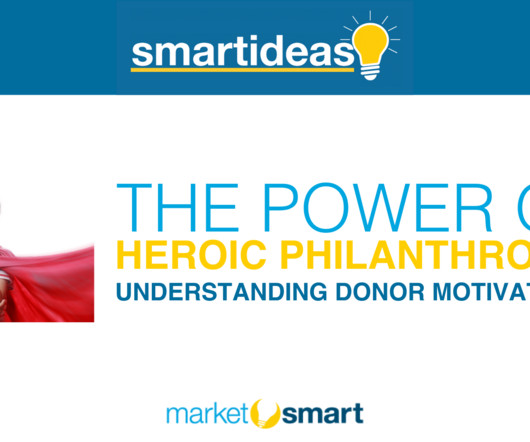

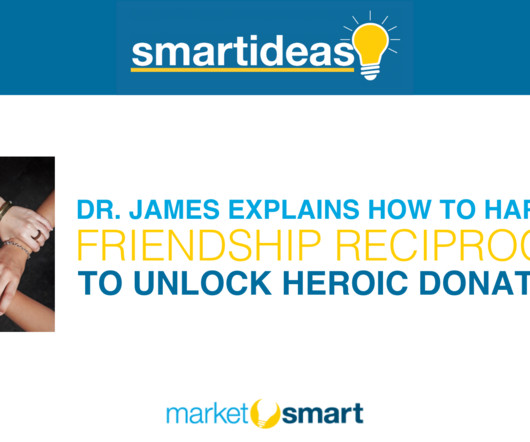
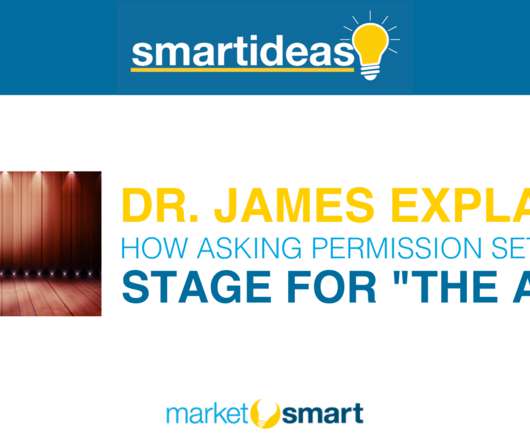
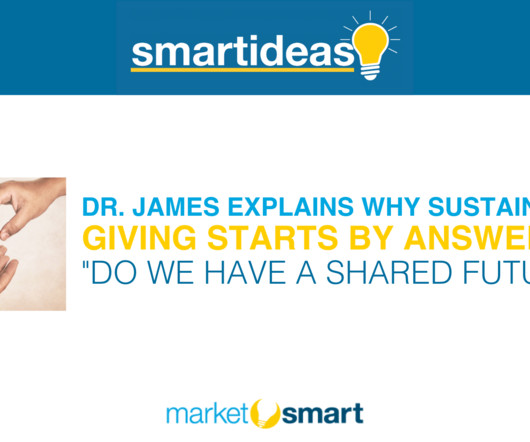
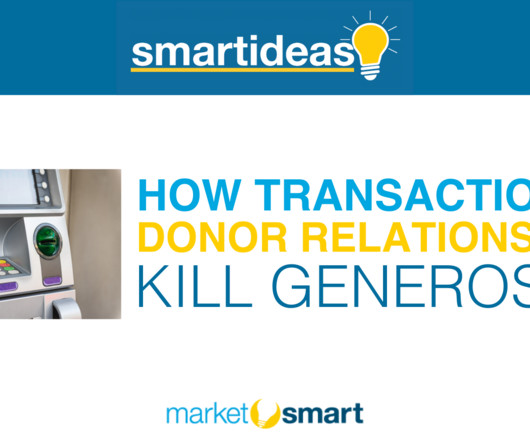
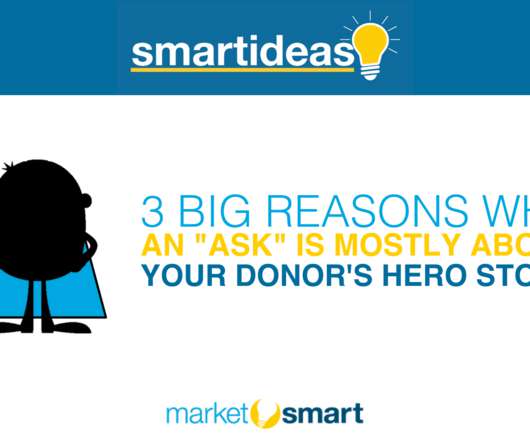
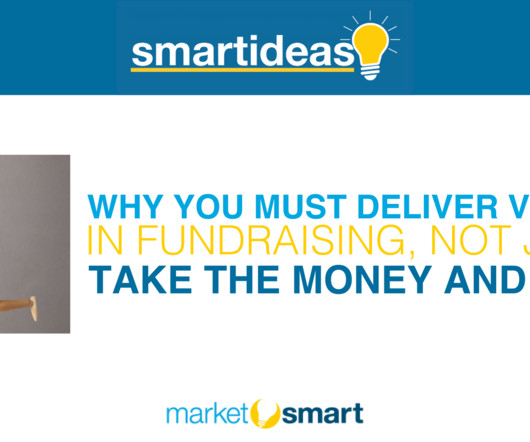
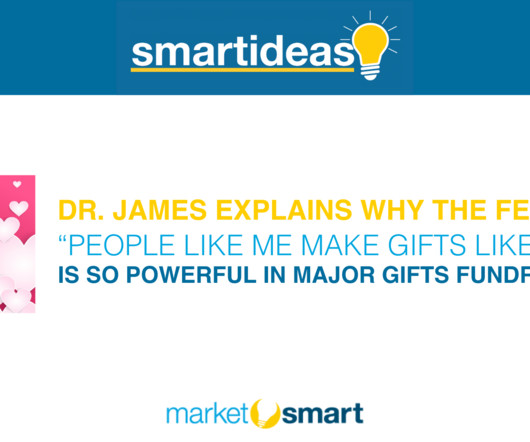
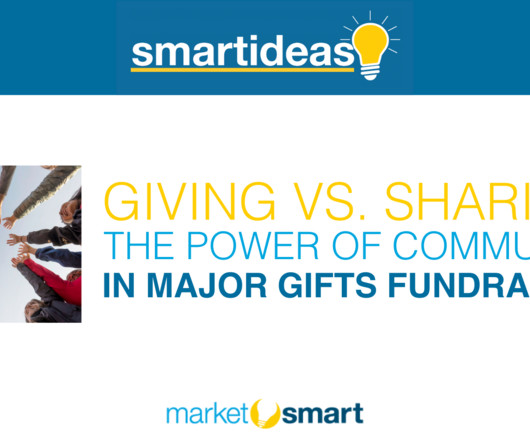
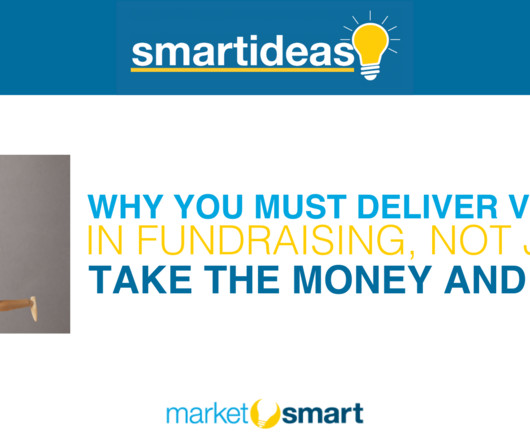
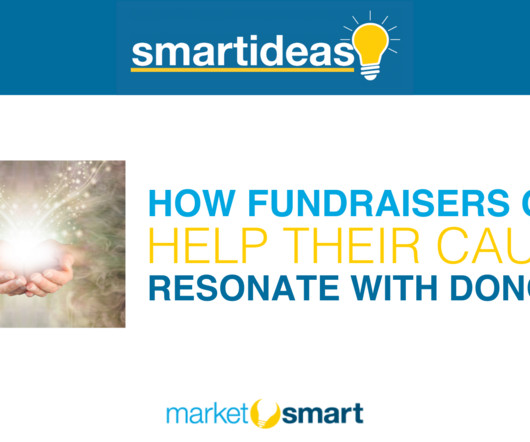






Let's personalize your content